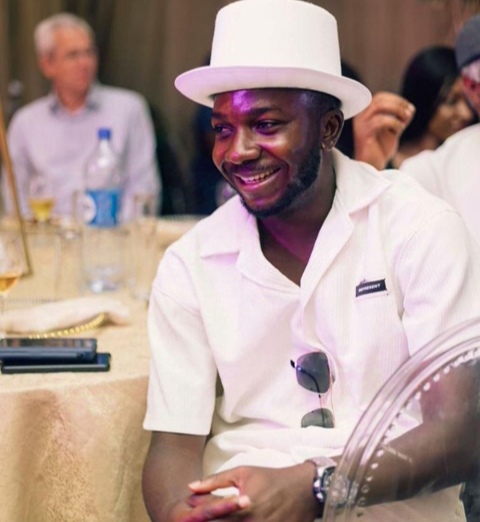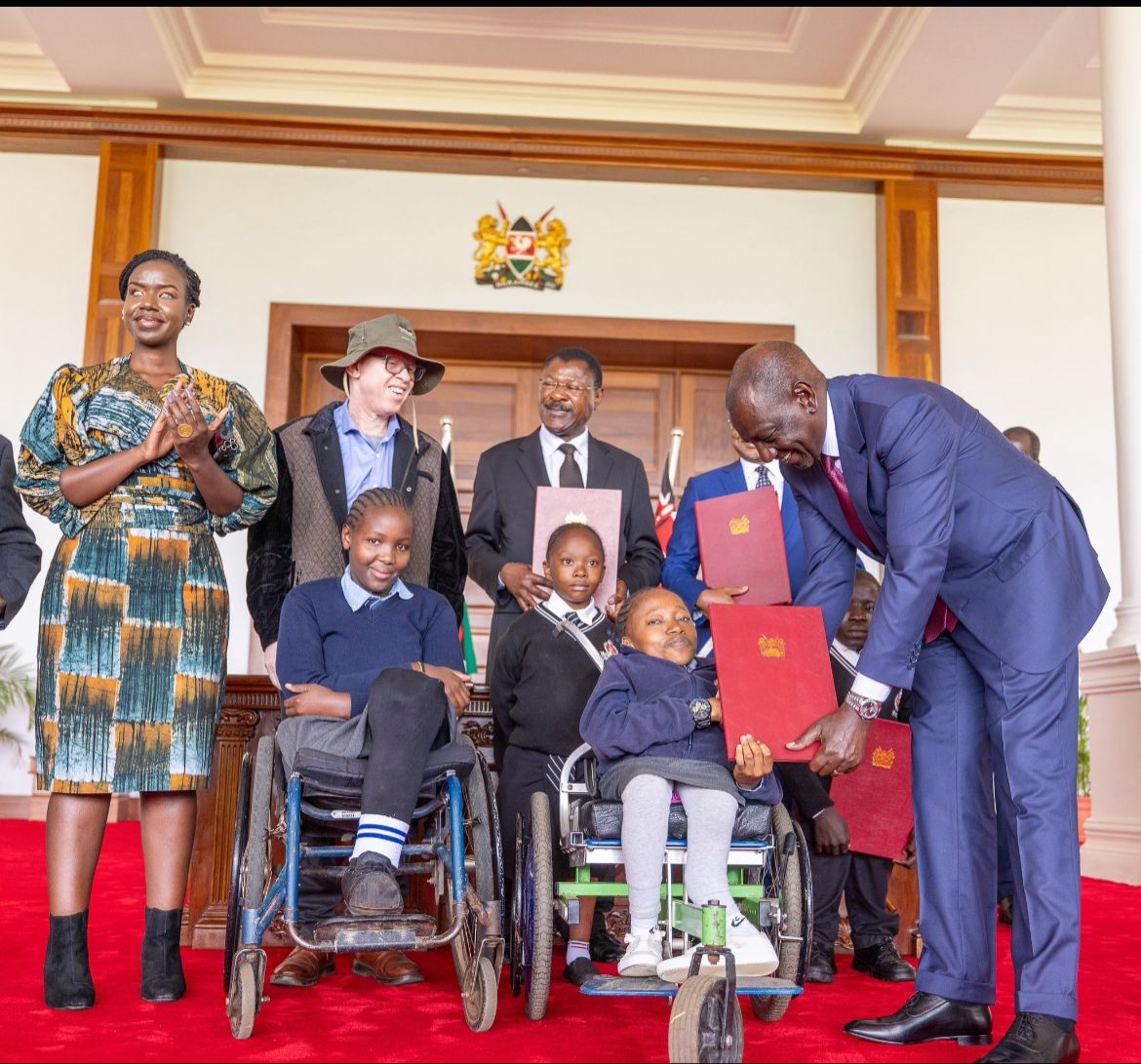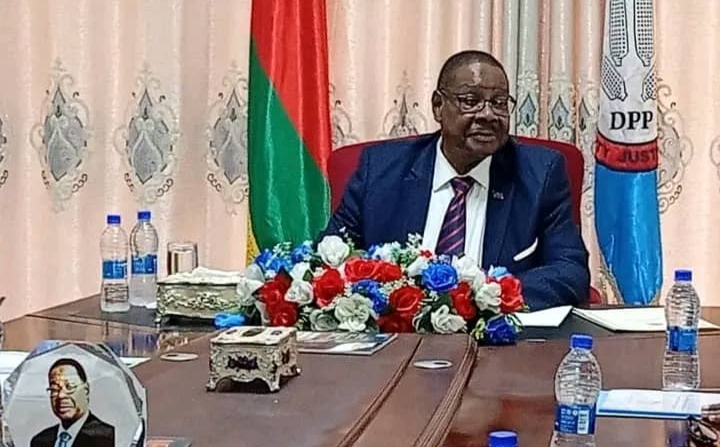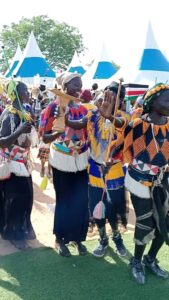A Growing Trend In Style and Identity As Local Bead Dominate The South Sudanese Markets
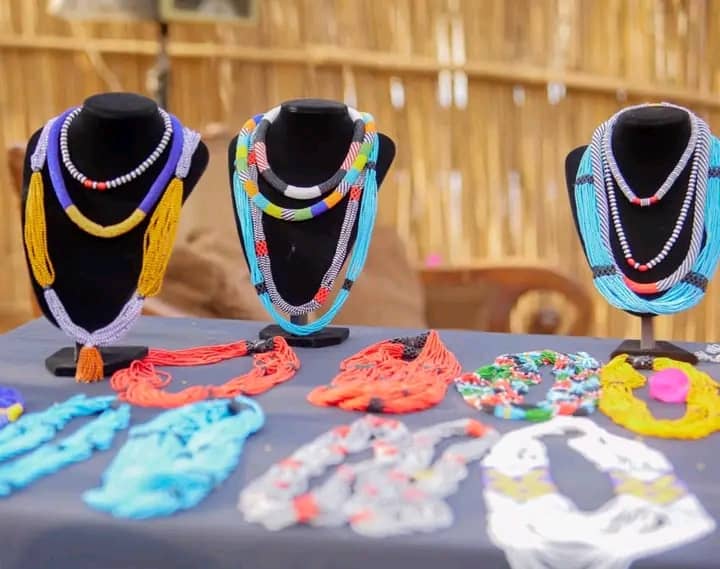
By Debora Akur Chol, South Sudan
In the bustling streets of Juba, the capital of South Sudan, a new trend is sweeping through local markets, and it’s not a fashion style, but a bead revolution.
Over the past few months, beads have become a symbol of strength, masculinity, and identity for many South Sudanese men where certain beards were known to be worn by a specific tribe.
Tribes that wear them are the Dinkas, while Mundari are well known for wearing “ajoh”, the black and white beads that are commonly loved by the youth.
What started as a personal grooming choice has transformed into a cultural statement that is now dominating the country’s markets, where both men and women have stormed the streets of konyokonyo market and custom to make beads for a living.
Beads in South Sudan have always been part of traditional culture, particularly among the older generation, like among the Shilluk where each color of beard represents a family lineage.
However, over the past year, younger men have embraced bead making in larger numbers, turning it into a popular fashion trend.
John Ayom, a 28-year-old local entrepreneur, who sells customised beards in konyokonyo, told AFRICAN CULTURE TV that: “Beads represent a connection to our roots and masculinity.
“It’s become more than just a bead, it’s a way to express pride in our heritage, that is why I sell these beards made of the flag of South Sudan.”
Across the vibrant markets in Juba, where vendors sell everything from clothing and jewelry to household goods, the bead is becoming ubiquitous where it’s very essential like in the office, at a social gathering, or among the youth on the streets.
It’s hard to miss the growing number of beads sellers in the market. They are sold at wholesale price with others taking their time to make the designs that will be attractive to their customers.
Women groups like Ma mara sakit have taken the initiative to train other women to make beads of various designs so that it can help them make a living .
Local entrepreneurs have also noticed the shift. A number of small businesses now specialise in beard-related accessories, such as handmade combs, bead grooming kits, and organic oils, contributing to the burgeoning market.
Gabriel Dhel, a small business owner also said: “We’re proud to offer locally made products that cater to this growing demand. It’s great to see the pride in our appearance reflected in the products we sell.”
As the bead trend continues to grow, it is not just reshaping the way South Sudanese men look, but it is also influencing global perceptions of African masculinity.
The embrace of beads is seen by many as a reflection of a new generation of South Sudanese men who are confident, proud, and keen on showcasing their cultural heritage just like the way the South Sudan basketball team walked to the pitch wearing beads customised with the national flag in Paris during the Olympics.
As the market for bead-related products continues to thrive and more South Sudanese men adopt the look, it is clear that this trend is more than just a passing phase.
It has evolved into a strong cultural phenomenon that shows no signs of fading, leaving a lasting mark on South Sudan’s local markets and national identity.
categories
recent posts
